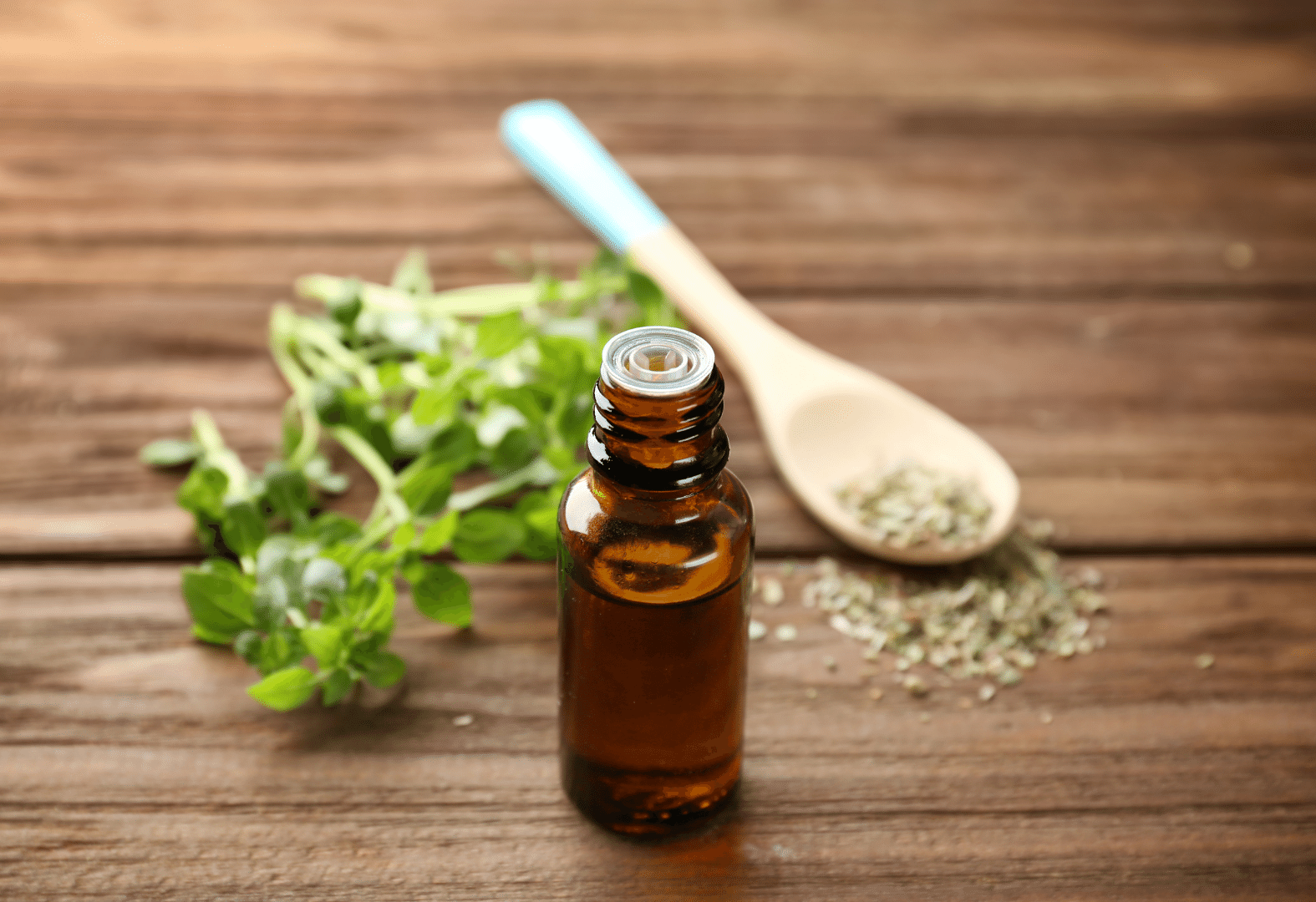
Regardless of a practitioner’s focus in their clinical practice (such as a specialty in diabetes or weight loss, etc.), a practitioner may become aware (during a client’s visit) that the client may also have an oral infection. It is now known that dental infections may have far-reaching effects in terms of body symptoms. Thus, it behooves the practitioner to also address their client’s oral infections.
The Far-Reaching Effects of Oral Infections
As an example of an oral infection affecting distant body parts, according to a research study published by the Journal of Dental Research (2016), a person with a tooth infection (often undetected) has an increased risk of heart disease by 2.7 times.1 Another research study showed that people with rheumatoid arthritis are more likely to have infected gums (often undetected) than those who are arthritis-free.2 This study infers that oral infections may advance and worsen rheumatoid arthritis.
In another study, patients with rheumatoid arthritis were more than 20 times more likely to have gum infections that those without arthritis.3 Further evidence shows the more advanced a client’s periodontal infection is, the more severe their rheumatoid arthritis.
In addition to heart disease and arthritis, oral infections (often asymptomatic and undetected) may be the drivers of severe memory conditions, joint pain, and colon cancer as new studies have shown, reported by the Scientific American.4
Oregano Oil: Its Effectiveness in Oral Infections
The essential oil of oregano, as a concentrated natural plant extract, has been proven to be an excellent source of bioactive compounds that have antioxidative and antimicrobial properties. Clinical research shows that the oregano oil has been proven to be effective against oral infections.
In a 2021 research study,5 the researchers found that naturally occurring phytochemical agents in oregano oil, thymol and carvacrol, were the main components which were responsible for oregano oil’s antioxidative, antibacterial and antifungal effects. The main component of oregano oil (over 60%) is carvacrol, a potent monoterpenoid phenol.
According to the research results, oregano oil showed very good antimicrobial activity against all four oral pathogens chosen for the study (Streptococcus mutans, Staphylococcus aureus, Enterococcus faecalis, Candida albicans).5
Easy Application of the Oil
An excellent feature of oregano oil is that it is easy for clients to apply to their tooth and gum areas. Repeated applications (daily) can be very effective when used over a period of time. If the oregano oil feels too hot or fiery (a burning feeling) on tissues, it may simply be diluted with a few drops of olive oil before applying to tooth or gum areas. Oregano oil is also especially effective for adults to consume a few drops daily (mixed into liquids) as well.
References
- Liljestrand J, Mäntylä P, Paju S, Buhlin K, Kopra K, Persson G et al. Association of Endodontic Lesions with Coronary Artery Disease. J DENT RES. 2016;:0022034516660509
- S Kaur 1, S White, P M Bartold, Periodontal disease and rheumatoid arthritis: a systematic review. J Dent Res, 2013: May;92(5):399-408. doi: 10.1177/0022034513483142.
- Beatriz Rodríguez-Lozano et. al. Association between severity of periodontitis and clinical activity in rheumatoid arthritis patients: a case–control study. Arthritis Research & Therapy, volume 21, Article number: 27 (2019).
- Cited from an article found here: https://www.scientificamerican.com/custom-media/healthy-mouth-healthy-body/chronic-gum-disease-may-harm-brain-joints-and-gut/
- Sushanthi, Pradeep Kumar Rathinavelu, Meignana Arumugham. Antimicrobial Efficacy Of Oregano Oil, Thyme Oil and Helichrysum Oil Against Oral Pathogens: An In Vitro Study. Int J Dentistry Oral Sci. 2021;08(05):2615-2619.









